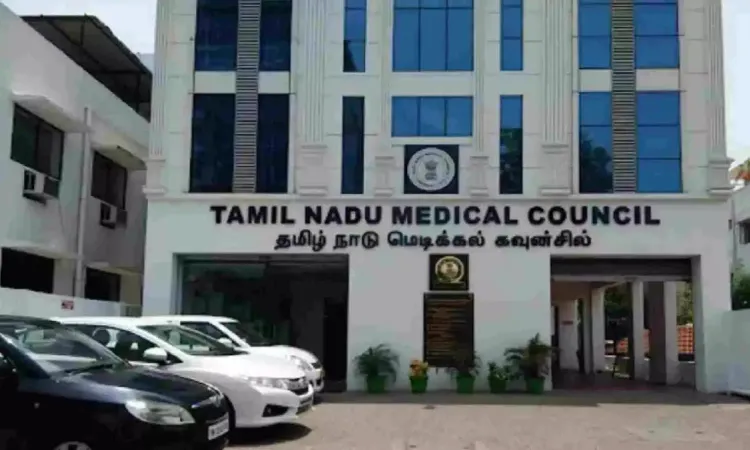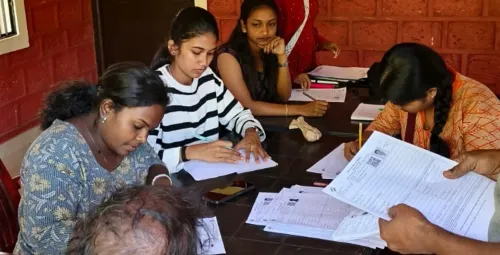What Steps is the TN Medical Council Taking to Sensitize Doctors and Students on Transgender Health?

Synopsis
Key Takeaways
- TNMC mandates training on transgender health for healthcare professionals.
- Inclusion of LGBTQIA+ issues in medical education is essential.
- Focus on equitable care and ethical responsibilities in healthcare.
- Awareness against coercive practices like conversion therapy.
- Support systems for the trans community are being institutionalized.
Chennai, Sep 18 (NationPress) In a groundbreaking initiative aimed at promoting inclusive healthcare, the Tamil Nadu Medical Council (TNMC) has instructed all healthcare professionals, educators, and students within the state to participate in sensitivity training focused on transgender health, LGBTQIA+ matters, and the rights and dignity of sexual minorities.
This directive comes on the heels of the recent unveiling of the State Policy for Transgender Persons by Chief Minister M.K. Stalin, which aims to enhance the socio-economic status of the community over the upcoming five years.
As per the circular circulated by TNMC, all Continuing Medical Education (CME) programs in Tamil Nadu are mandated to include specific sessions addressing transgender health and broader LGBTQIA+ issues.
The registrar emphasized that this awareness training is vital to guarantee that healthcare providers not only deliver fair treatment but also adhere to their ethical and legal obligations.
These training sessions will also inform participants about the ban on coercive practices, including the widely discredited “conversion therapy”.
The circular specified that the sensitization sessions can be held as separate CME events or integrated into existing academic schedules. Furthermore, medical colleges and training institutions are required to submit completion reports to the Council within 30 days, and TNMC will oversee compliance by reviewing records.
Additionally, the training modules will focus on exemplary practices in medical education and clinical care for trans individuals, while ensuring that members of the transgender and LGBTQIA+ community share their personal narratives. Officials highlighted that this inclusion is intended to nurture empathy and dismantle stereotypes that have historically obstructed access to healthcare.
The broader policy framework, released in July, encompasses various welfare initiatives such as scholarships for transgender and intersex students pursuing higher education, appointing nodal counselors in colleges, establishing short-stay accommodations for trans individuals, and launching a toll-free helpline.
Collectively, these measures represent the Tamil Nadu government’s first comprehensive effort to institutionalize support for the trans community. By mandating sensitization in the healthcare sector, TNMC has highlighted the crucial role that medical professionals play in fostering inclusive environments.
For a community that has faced persistent stigma and systemic discrimination, these actions promise not only recognition but also a safer and more dignified future within Tamil Nadu’s healthcare landscape.









